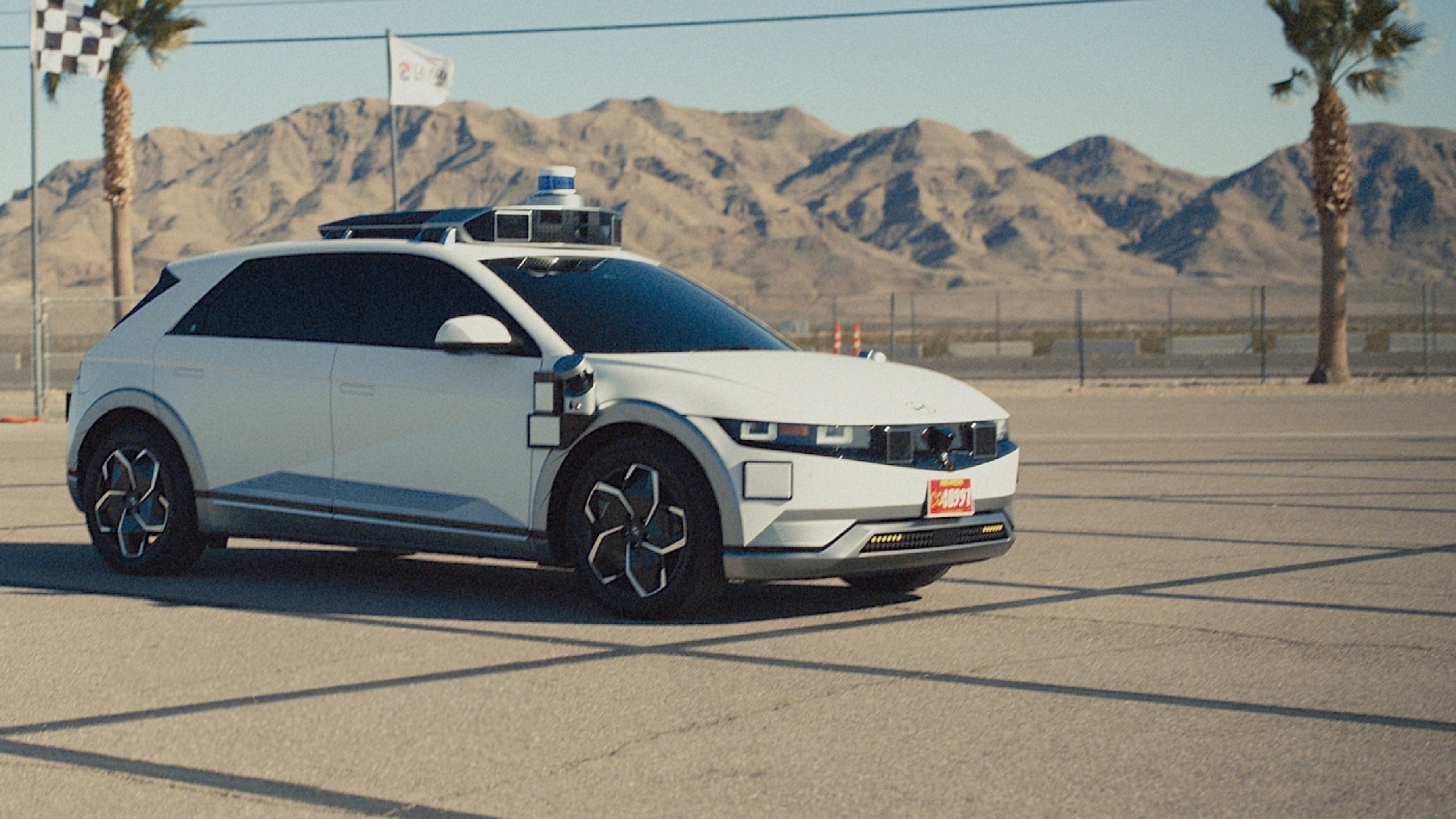The process of obtaining a driver’s license involves several steps, including practical training, learning road rules, and passing a driving test. While these steps vary across countries, they collectively ensure safe and proficient driving on public roads.
However, with the advent of autonomous vehicles, questions arise regarding the capabilities of computer-controlled driving compared to human drivers. Hyundai, a South Korean automaker, is at the forefront of autonomous vehicle development, utilizing platforms like the all-electric Ioniq 5 for testing.
Collaborating with partner Motional, Hyundai conducted simulated tests demonstrating the Ioniq 5’s autonomous driving abilities, even suggesting it could pass a US driver’s license test without human intervention.

During these tests, conducted in various settings, including closed courses and virtual environments like the Las Vegas Strip, the Ioniq 5 showcased adeptness in adapting to road conditions, executing lane changes, and responding to traffic signs and hazards.
Notably, the vehicle’s autonomous systems, equipped with LiDARs, radars, and cameras, demonstrated proficiency comparable to human drivers.
As autonomous technology continues to evolve, vehicles like the Ioniq 5 represent a significant advancement in automotive innovation. While challenges remain, Hyundai’s progress in autonomous driving underscores the potential for safer and more efficient transportation systems in the future.

